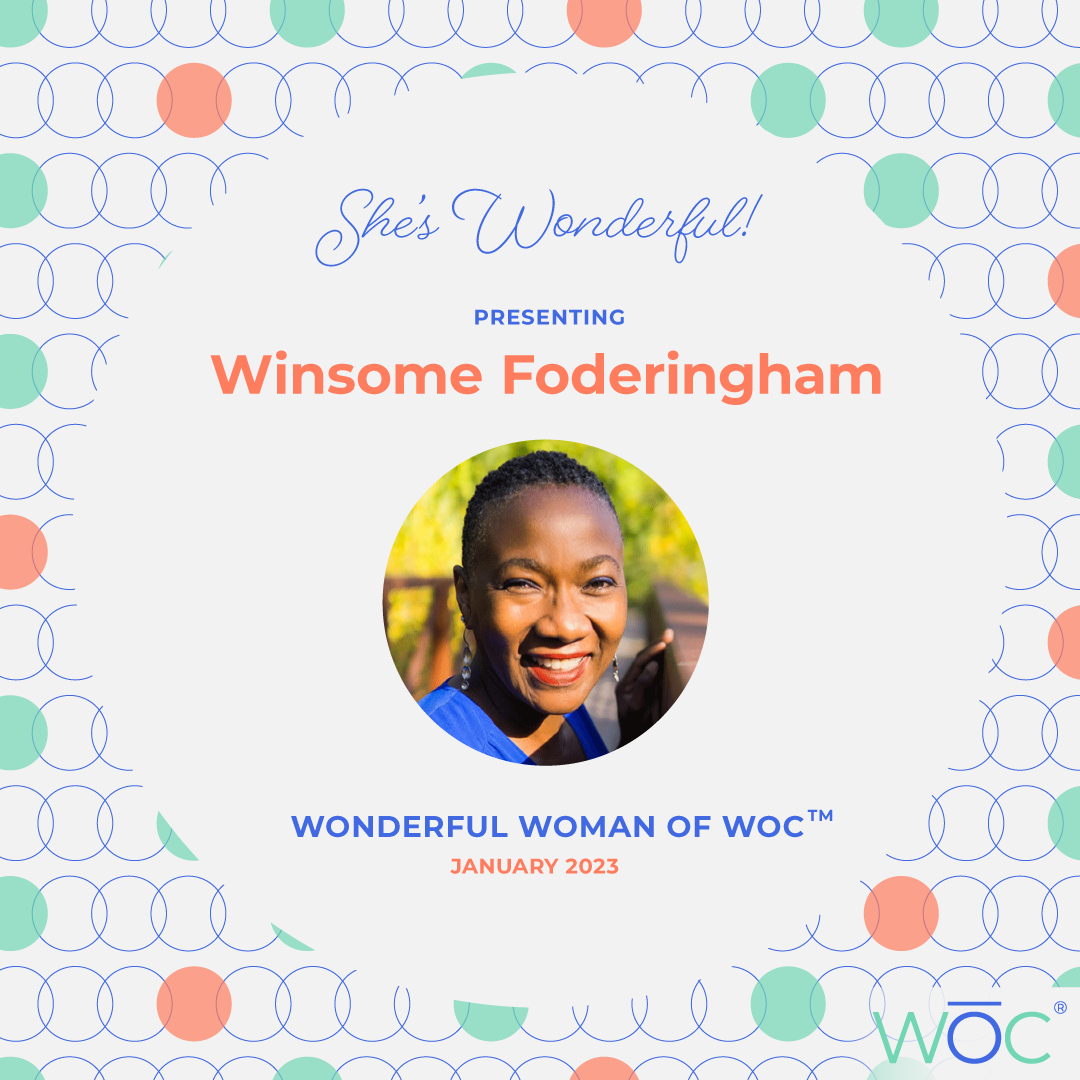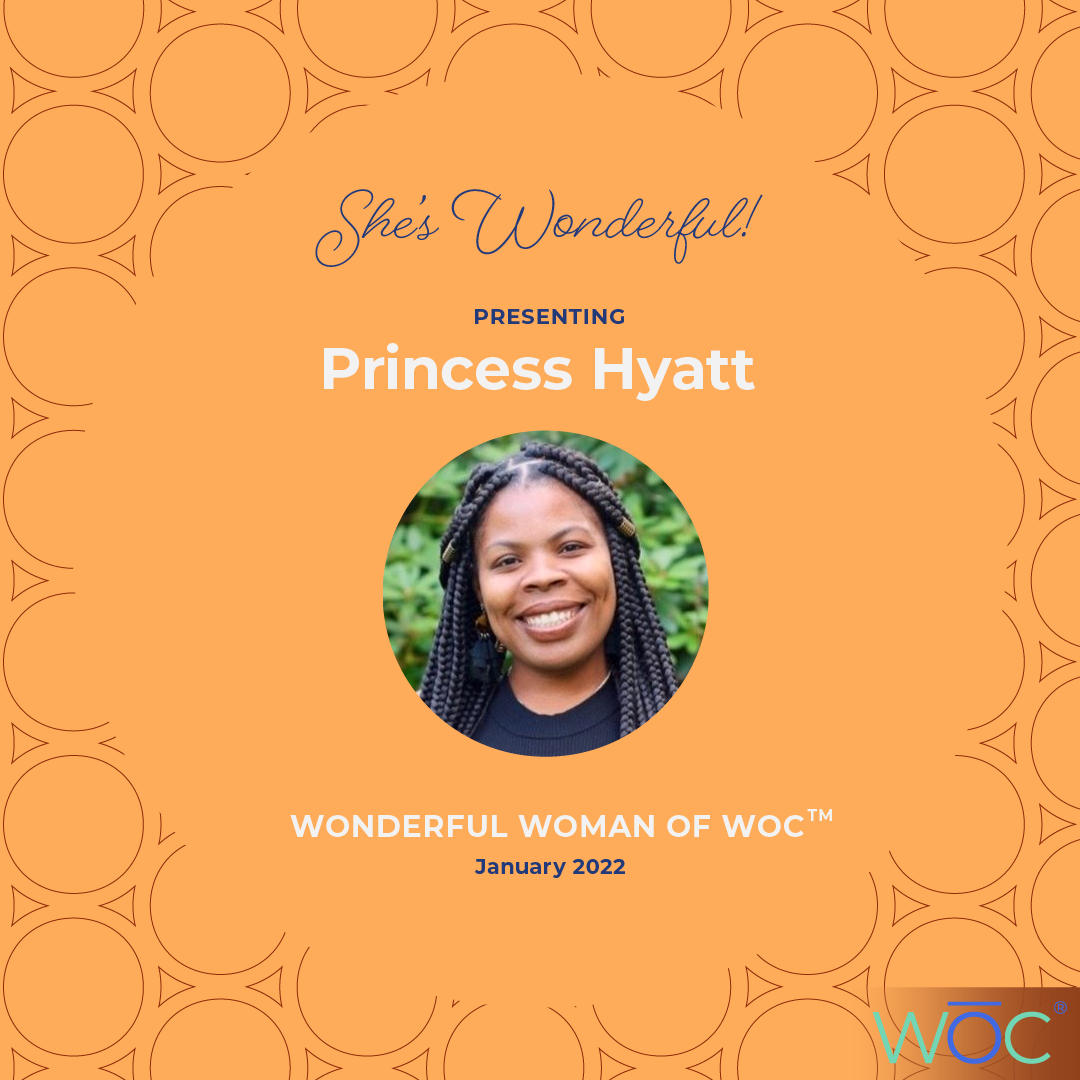Xin Xin
As Chief Development Officer at the National Employment Law Project, Xin Xin works collaboratively across the organization to resource NELP’s mission by amplifying staff expertise and strengthening relationships with philanthropy committed to racial and economic justice. Xin (pronounced “shin”) works in close partnership with NELP’s President and CEO to develop and successfully execute a comprehensive fundraising strategy to sustainably maintain a diversified organizational revenue goal.
Xin brings over a decade of nonprofit fundraising and human rights grantmaking experience. She began her philanthropic career at the Open Society Foundations, supporting global health financing initiatives at the Public Health Program, as well as the Urgent Action Fund for Women’s Human Rights, making rapid-response grants to women and LGBTQI+ human rights defenders. Making the transition from grantmaking to fundraising, she supported individual giving at the National Center for Lesbian Rights, oversaw communications and development at the Human Rights Funders Network, and managed the institutional fundraising portfolio at the New York Immigration Coalition. Prior to joining NELP, Xin led fundraising efforts at the National Harm Reduction Coalition.
Xin believes movement-led philanthropy and donor-of-color activism support the revolutionary transfer of power necessary for social and racial justice movements. A first-generation immigrant, Xin is an intersectional feminist, who is pro-Black and anti-capitalist. She serves on the steering committee of the Asian Women Giving Circle, where she can be in community through collective giving.
In Her Own Words
What is your favorite quote?
Rebecca Dixon, President and Chief Executive Officer, National Employment Law Project
“Boundaries are the distance at which I can love you and me simultaneously.”
—Prentis Hemphill
Who is your favorite woman fundraiser or philanthropist of color?
My current boss, Rebecca Dixon, is one of the most dynamic fundraising leaders I know, but what makes her exceptional is that her extension of trust has been unexpectedly healing for me as a fundraiser of color.
Prior to joining NELP, throughout my career, I experienced numerous instances of being told to keep my head down and do what the donor wants, that seemingly blatant instances of racism, sexism, and classism were not okay to lift up, that I wasn’t believed or listened to.
And while it is not Rebecca’s responsibility to share the burden of my own fundraising baggage, her subtle ways of problem-solving and reaffirming that I am the one to do this job have been nothing short of transformative. I truly wish everyone in our line of work can work with and be a leader like Rebecca.
What inspired you to transition from a career in grantmaking to a career in fundraising and collective giving?
Like a lot of fundraisers who “wound up” in development, I unintentionally “wound up” at a private foundation as my first U.S. based job. I wrote dockets, talked directly with grantees, and organized meetings. At the time, I was one of a handful of people of color in a 40-person department. I grappled with what it meant to be redistributing someone else’s money, when I myself did not come from wealth.
After this experience, I transitioned over to a small women’s fund, making rapid response grants. The fund did its own fundraising, and I found myself constantly curious about where the money was coming from.
Could we say no to certain sources of funding? It was through these philanthropic experiences that I realized I wanted to be at the table to say “yes” or “no” to money, to push our folks internally to have the hard conversations about funding and values alignment, to recognize we all carry personal narratives when it comes to our relationships with money and power.
Given racial capitalism, I don’t believe any money is inherently “good” or “clean” in the United States, so I’ve found through fundraising I now thrive in that gray zone of balancing an abundance mindset with the very real white supremacist systems within which we all exist.
…I’ve found through fundraising I now thrive in that gray zone of balancing an abundance mindset with the very real white supremacist systems within which we all exist.
Where do you want to be in 3 years?
As an East Asian woman, I plan to continue my personal journey of cross-racial solidarity for Black liberation and Indigenous sovereignty. I’d like to increase my own giving to 25% of my salary.
Do you have any advice for other women of color entrepreneurs in the realm of philanthropy and fundraising — whether they are in Canada, the United States, or the international WOC community at large?
It’s not selfish to take care of yourself. The messiness, the complexity are all part of the work. By sustaining yourself, you are better able to show up for others. We need you in this space.





